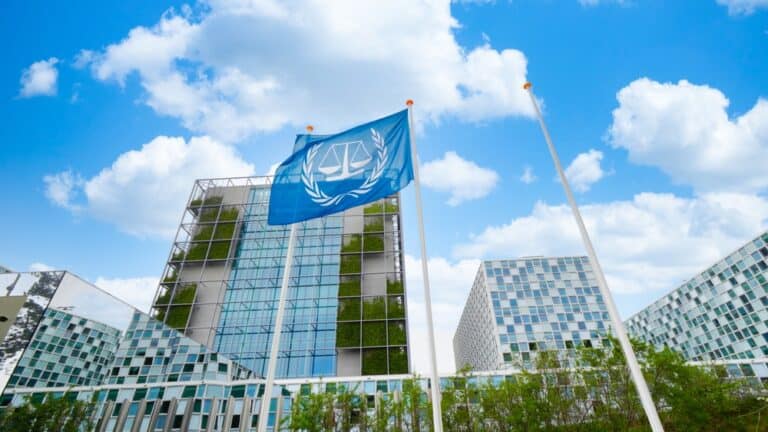The Outlook account of ICC chief prosecutor Karim Khan was canceled earlier this year. However, Microsoft has not stopped or suspended its services to the International Criminal Court, emphasizes company president Brad Smith.
The Associated Press reported in May that Microsoft had blocked Karim Khan’s email. The chief prosecutor was directly affected by a presidential decree issued by Donald Trump in February, which stated that the court had taken “illegal and unfounded actions” against the US and Israel.
No stop
Microsoft president Brad Smith told Politico on Tuesday that there was no ICC blockade. When “disconnecting” Karim Khan’s Outlook account, Microsoft remained in contact with the ICC to keep services up and running. The company therefore denies that services were interrupted at any time.
The disconnection of Khan’s email has fueled European concerns that Trump could activate a “kill switch” to cut off digital services via US tech companies. This is more than enough motivation to look elsewhere for IT services, even though there are few or no mature European alternatives to US clouds as a whole.
Contractual guarantees
Microsoft declined to comment further on the exact process that led to Khan’s block (or “disconnection,” as it describes it). It also declined to explain what exactly it meant by “disconnection.” The ICC also declined to respond to questions from Politico.
However, the German business magazine WirtschaftsWoche reported that Microsoft’s lawyers have now reached the conclusion that it only provides a technical platform. Customers decide whether to give employees access to services. Microsoft would no longer intervene in scenarios similar to the ICC case.
Smith announced at the end of April that Microsoft would resist orders to suspend European cloud operations. This was to allay concerns about a kill switch ordered by Trump.
The company announced that it would add a binding clause to contracts with European governments and the European Commission. This clause keeps open the option of going to court if other governments order cloud operations to be suspended.
European alternatives
Like Microsoft, AWS and Google Cloud are looking for a desirable sovereign option within their own cloud offerings. These alternative variants should allay European concerns by offering different technical approaches for customers with sensitive data. Google Cloud recently expanded on its existing sovereign cloud offering, while AWS is further expanding the European Sovereign Cloud with a German company.
Meanwhile, the Dutch ECOFED project is aiming for a federated European cloud as an alternative to American hyperscalers. The recent launch of NeoNephos by the Linux Foundation Europe also shows that the search for European cloud autonomy continues.
